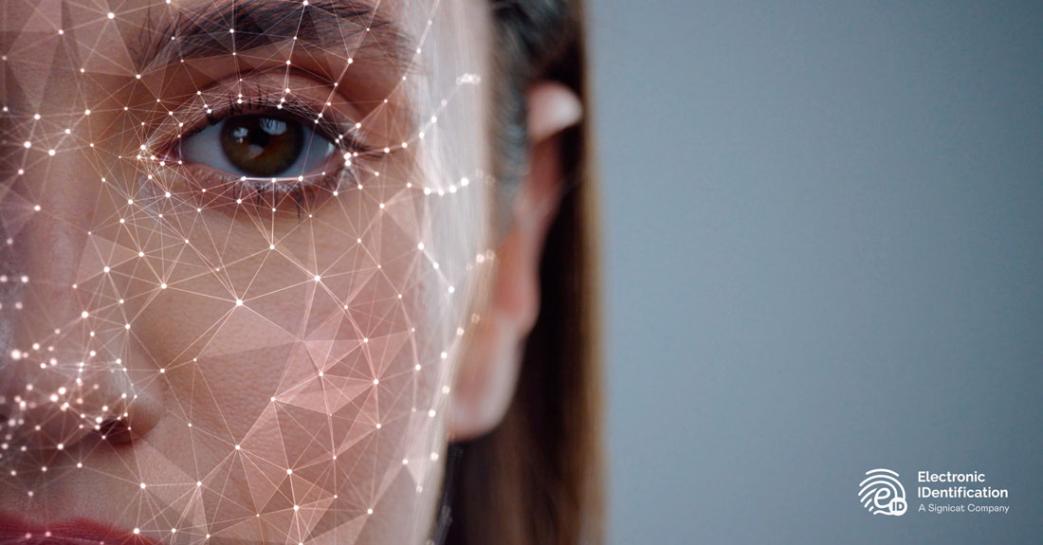What Are the Ethical Implications of Computer Vision Facial Recognition?
Computer vision facial recognition technology is a rapidly developing field that has the potential to revolutionize the way we interact with the world around us. This technology uses cameras and algorithms to identify and track human faces, and it has a wide range of potential applications, from security and surveillance to marketing and customer service.

However, the use of computer vision facial recognition technology also raises a number of ethical concerns. These concerns include:
I. Ethical Implications Of Computer Vision Facial Recognition
1. Privacy Concerns
- Intrusion into personal space and surveillance
- Collection and storage of personal data without consent
- Potential for misuse of data for tracking and monitoring
2. Discrimination And Bias
- Algorithms trained on biased datasets can lead to unfair outcomes
- Discrimination based on race, gender, age, or other characteristics
- Lack of transparency and accountability in algorithm development
3. Consent And Autonomy
- Need for informed consent before collecting and using facial recognition data
- Respect for individual autonomy and the right to privacy
- Importance of transparency and control over the use of facial recognition data
4. Security And Data Protection
- Risks of data breaches and unauthorized access to facial recognition data
- Potential for identity theft and fraud
- Need for robust security measures to protect personal data
II. Balancing Ethical Concerns With Practical Applications
While there are a number of ethical concerns associated with computer vision facial recognition technology, there are also a number of potential benefits. These benefits include:
1. Potential Benefits Of Computer Vision Facial Recognition
- Enhanced security and public safety
- Convenience and efficiency in various applications
- Potential for improving accessibility and inclusivity
2. Striking A Balance
- Need for regulations and guidelines to govern the use of facial recognition technology
- Importance of transparency and accountability in algorithm development and deployment
- Balancing the benefits of facial recognition with the protection of individual rights and freedoms
In order to ensure the ethical use of computer vision facial recognition technology, it is important to carefully consider the ethical implications of this technology and to develop regulations and guidelines that govern its use. It is also important to promote ongoing dialogue and collaboration among stakeholders to address ethical concerns and to ensure that facial recognition technology is used in a responsible and ethical manner.
YesNo

Leave a Reply